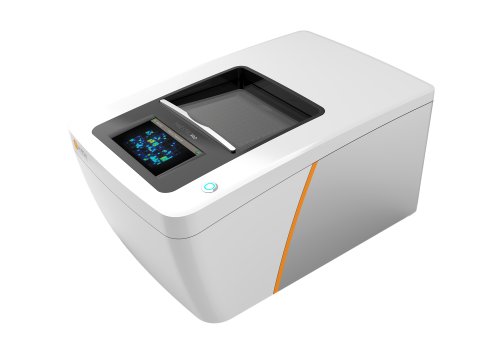Authors: Bryan James Black, Rasha El Ghazal, Neal Lojek, Victoria Williams, Jai Singh Rajput, and Jennifer M. Lawson
Advanced Science, 08 January 2024
Scientists use Axion’s Maestro platform to demonstrate the advantages of iPSC sensory co-cultures on MEAs for moderate-to-high throughput compound screening.
New pain therapeutics are urgently needed but conventional drug screening methods are expensive, low-throughput, and unreliable. In this study, scientists develop a phenotypic inflammatory nociception model for in vitro drug screening, using Axion’s Maestro Pro multielectrode array (MEA) system to assess sensory neuron-glial co-culture activity and evaluate responses to FDA-approved analgesic compounds in real time. Overall, the researchers conclude that the approach “represents an ‘excellent’ assay based on assay quality metrics and represents a model system for drug ‘hit’ or lead detection,” and add that the stable phenotypic activity observed in the cell models make them ideal for long-term screening.


